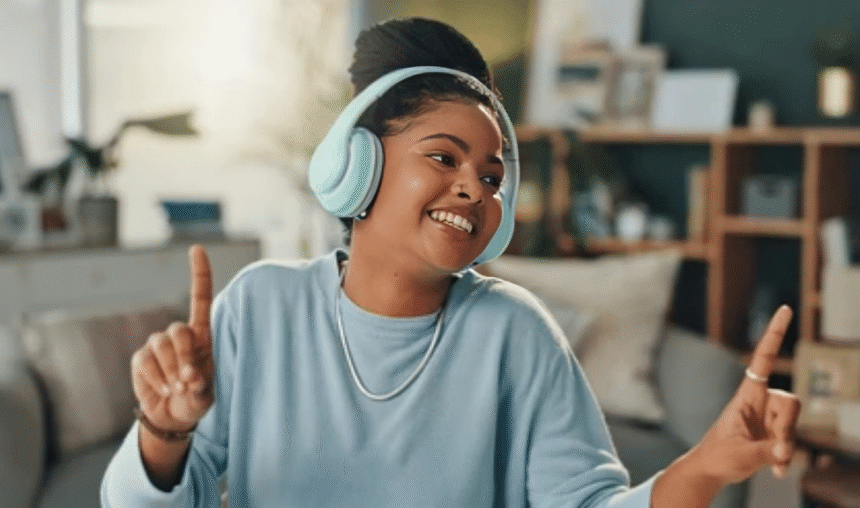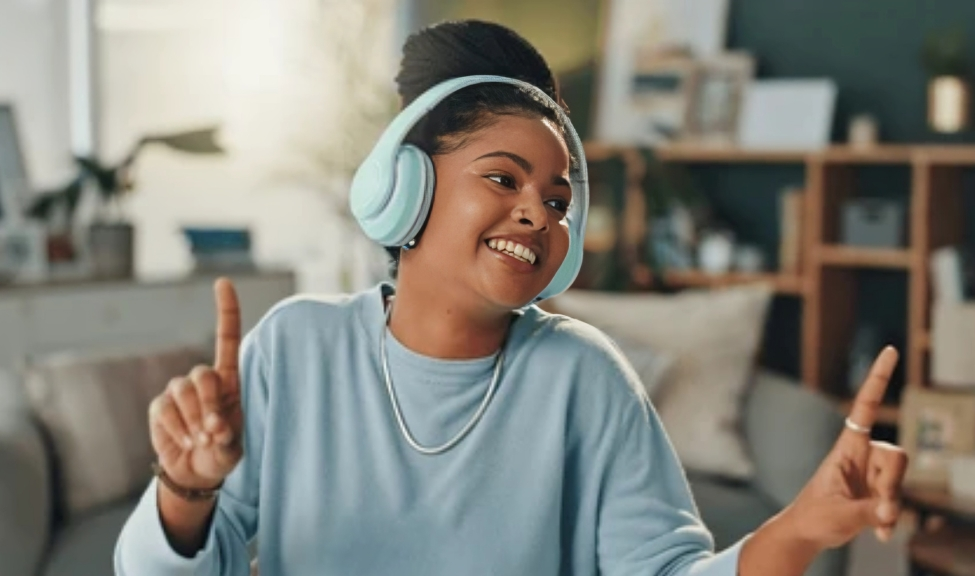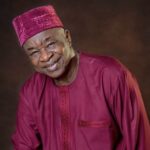If you have ever wondered, “How do deaf people listen to music?” you’re not alone. After all, music is sound; how then can they enjoy music when they can’t hear?
You are not wrong, but is music really only sound?
When you think about it, music is sound as much as it is vibration. The pulsating baseline, the rattling shakers, and the thumping percussion create sound as much as they create vibration, which is enjoyed just as much as the sound.
READ ALSO: 8 big lies about Deaf people that you probably believe
At its core, sound is vibration, and that’s the gateway for people who are deaf to connect with music. Just as you feel the bass thumping through your chest at a concert, individuals who are deaf sense music through their skin, bones, and nerves.
If you’re wondering how this works, here’s how.
RECOMMENDED: 3 deaf people who changed the world
Their senses feel the Vibration
As earlier explained, music carries vibrations that can be absorbed through the senses. Deaf people enjoy music by taking it in through their pulse. They feel beat through their body and the drums tingles their senses.
Advanced technology is also helping redefine how deaf people interact with music. Cochlear implants, advanced hearing aids, and vibration vests and wristbands offer deaf people a sensory and immersive musical experience.
Music is sound, but it can also be visual
Music is primarily sound, but it can also be sight. Technology has created ways through which lighting, visuals, sign language, and choreography are used to communicate with people.
Specialist interpreters help turn lyrics and melodies into visual emotions and rhythm with their hands, faces, and bodies.
Some Deaf Musical Icons have defied the odds
If you are still doubting how deaf people can listen to music, how about we introduce you to legendary deaf musicians?
The famous Ludwig van Beethoven was reported to have composed some of his greatest works, including his Ninth Symphony, after he had become profoundly deaf. He reportedly used a wooden stick held between his teeth and pressed against his piano to feel the vibrations of the notes.
READ ALSO: 4 musicians who achieved great feats despite being deaf
There’s also the Scottish percussionist Evelyn Glennie, who built a global career while profoundly deaf. She played barefoot, which allowed her to feel every note through her body.
What these legendary musicians teach us is that music isn’t only heard, but felt as well.
So to answer the question: Yes, deaf people can listen to music. Not with their ears but with their skin, eyes, and pulse. They feel the vibrations and read emotions.














